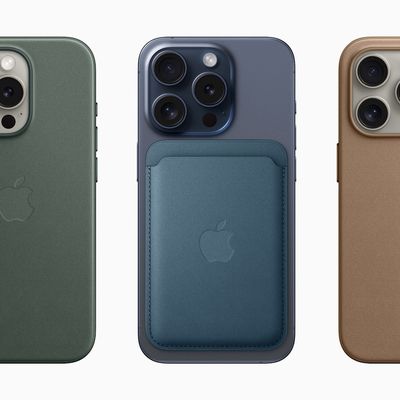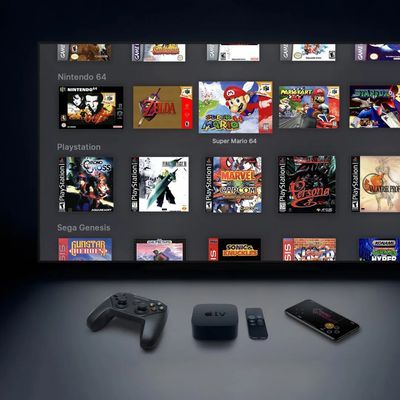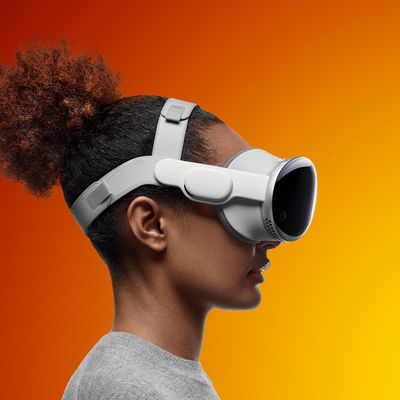T-Mobile, Verizon, AT&T, and Sprint, the four major carriers in the United States, all offer unlimited data plan options as of last week, allowing customers to forget about traditional data caps.
With so many options now available for unlimited data, we thought we'd do an in-depth video comparing the plans offered by the four companies to figure out the best value based on price and coverage.
Unsurprisingly, Sprint offers the lowest prices, but many people choose not to use Sprint because its LTE coverage is poorer than other carriers. Eliminating Sprint, T-Mobile offers the next best deal, while Verizon comes in third, and AT&T comes in at a distant fourth.
For a single individual, Sprint charges $50 for new customers (for a limited time -- it goes up to $60 next year). T-Mobile charges $70, Verizon charges $80, and AT&T charges $100, making it the most expensive unlimited plan of the four carriers for an individual user.
Prices even out a bit more with an increasing number of lines. At four lines, Sprint is charging $90 (new customers only -- and it's $160 next year), T-Mobile charges $160, and Verizon and AT&T both charge $180. Not all plans are equal though, especially in AT&T's case.
While Verizon, Sprint, and T-Mobile all offer high-definition video streaming by default, AT&T limits video streaming to 480p unless customers specifically opt out. Sprint, Verizon, and T-Mobile all also offer 10GB of tethering data per line for connecting your Mac or iPad to your phone, but AT&T offers no mobile hotspot functionality with its unlimited plan.
T-Mobile offers the same video streaming and hotspot option that Verizon and Sprint do, but its prices are better than Verizon and aren't much more than Sprint, while offering a better network. T-Mobile is also the only network that offers fee-free data plans, so the price listed -- $70 -- is what you pay. T-Mobile doesn't charge activation fees, but other carriers do, which is something to take into account.
All networks will "deprioritize" (aka slow down) data after a certain amount of data is used per month. T-Mobile's limit is 28GB, while AT&T's is 22GB, Verizon's is 22GB, and Sprint's is 23GB. When these caps are hit, data speeds are slowed down.
On paper, T-Mobile seems to offer the best value for the price, but it's always worth taking a look at coverage maps and getting the opinion of other cellular users in your area before choosing a provider. There are also other benefits to look into, such as coverage abroad -- another area where T-Mobile leads the pack.




















Top Rated Comments
Deprioritization - You are in the same restaurant as above albeit it has gotten a little more crowded. The staff is still able to address your refills and requests although at times, it may take them a few extra seconds or minutes, depending on who (staff wise) is on the floor and how many requests from other guests they are writing tickets for at that moment.
Throttling - You are in the same restaurant and it isn't too crowded. However, the staff is purposefully being slow in getting to you and getting your orders filled.
@Juli Clover "All networks will "deprioritize" (aka slow down) data after a certain amount of data is used per month. T-Mobile's limit is 28GB, while AT&T's is 22GB, Verizon's is 22GB, and Sprint's is 23GB. When these caps are hit, data speeds are slowed down."
Deprioritization is not the same thing as throttling. If a user has reached x amount of data per carrier statement, said user may be deprioritized behind other users if the tower they are trying to access is congested. If it isn't congested, said users experience normal usage.
Sloppy reporting by you and Matt. Get the facts right, especially when you go to the trouble to create an article and video for your users.